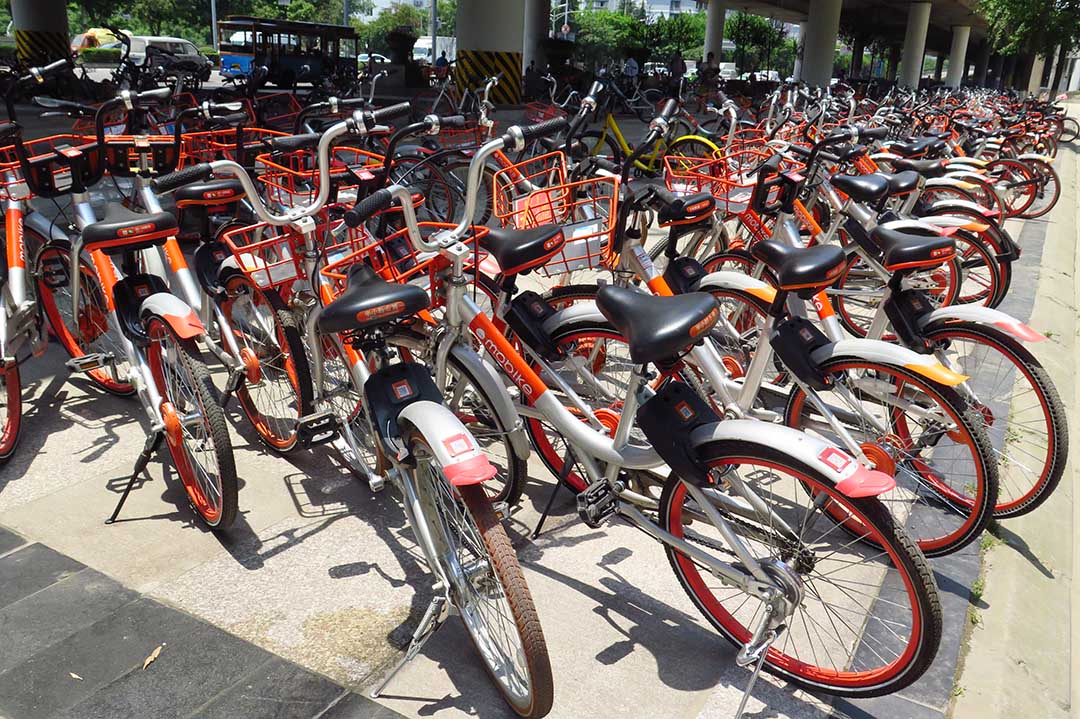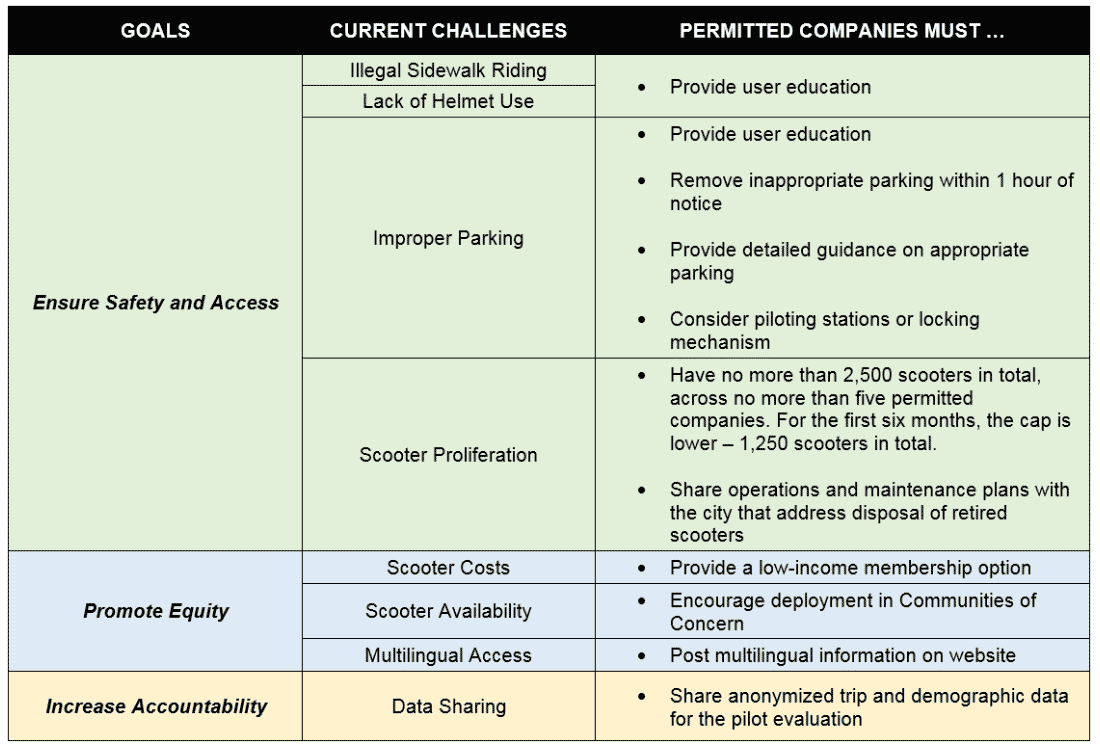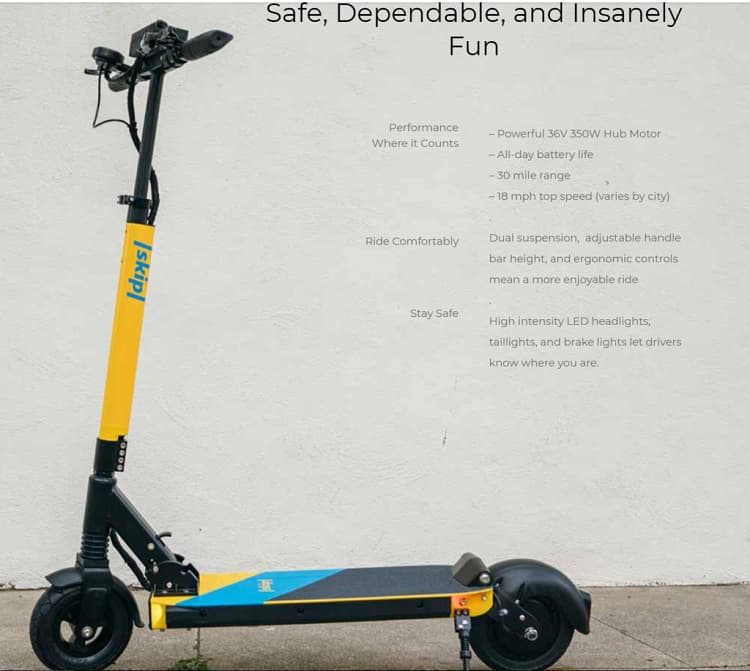Electric Scooter Sharing Companies – Bird, Lime, & Spin
Table of contents

When it comes to staying abreast of disruptive technologies, we’re often blown away by the speed in which they are adopted. Artificial intelligence (AI) has moved from something people had only just heard about to mainstream in just several years. But that’s nothing like what’s happening in the world of electric scooter sharing companies.
The Business Model
We’ve written before about electric scooters, an article which has since become one of our most popular daily reads for whatever reason. People seem very interested in low-cost forms of transportation that are environmentally friendly. We’ve also written before about bike sharing, something that took China by storm. We can’t say we’re totally surprised to see that the Americans have opted to just completely bypass a business model that promotes a bit of exercise, and instead move directly to electric scooter sharing. Now, before we get into talking about the business model, we need to understand what type of electric scooter we’re talking about here. These are not the larger street-legal scooters offered by Scoot, but rather ones that look like this:

Those are much more benign than some of the road hogs we looked at before. The electric scooters you see above will travel about 15 miles per hour and travel 18 miles on a single charge. The business model is pretty simple.
- Connect the scooters to an app which will allow them to be GPS-enabled and turned on and off via a smartphone app.
- Leave them littered around town so people can pick them up and ride them to destinations around the city for about $1 a trip.
- Offer a “bounty” to people who go around picking these scooters up, charging them, then dropping them off at various locations.
- Hope and pray people don’t get angry when city sidewalks start looking like this:

The problem you see in the above picture isn’t a trivial one. The fact that these scooters are “dockless” mean they can be strewn all over cities which pisses people off. That’s exactly what’s happening now, as three main companies fight aggressively to capture market share. Venture capitalists think this is a great idea because they are throwing money at it hand-over-fist. Meanwhile, regulatory risks and the public outrage machine mean it’s an uphill battle that needs to be fought. But enough with the metaphors already. Let’s look at the three main companies playing in the electric scooter sharing space today.
Bird, Loop, & Lime

Update 10/03/2019: Bird has raised a $275 million Series D round to continue research and development for their vehicles. This brings the company’s total funding to $548 million to date.
Also founded in 2017, San Mateo, California startup Lime (formerly known as LimeBike) has raised $132 million in funding from a whole slew of investors including Andreessen Horowitz. While they initially started out with pedal bikes and e-assist bikes (thus the name LimeBike), they quickly pivoted into electric scooters alongside their name change at the beginning of this month with 18-mph scooters built by Segway. At that time they had logged over 3 million trips in 40 cities around the world. Lime is said to be looking to raise up to $500 million in additional funding by way of issuing a combination of equity and debt. The three co-founders all share Chinese surnames, with two having backgrounds in cross-border venture capital at Kinzon Capital, and the third in software engineering at Square.
Update 11/15/2021: Lime has raised $523 million in convertible debt and term loan financing, the next step on the company’s path to going public next year. This brings the company’s total funding to $1.5 billion to date.

While these three startups are the major players at the moment, both Uber and Lyft have expressed interest in the electric scooter sharing space. Drivers who work for these companies would make great resources for tracking down scooters, moving them, and charging them. Expect more startups to crop up as well, like Skip, which has taken in $6 million in seed funding to wager that a better scooter is what it will take to best the competition:
Given that there are no barriers-to-entry for electric scooter sharing companies, and venture capitalists have cash on free-flow at the moment, there may be just one thing keeping a deluge of scooter sharing startups from popping up like weeds. Regulation.
Showdown in San Francisco
The biggest open questions at the moment are around regulation, and a showdown is taking place in San Francisco where the city issued a statement last week saying that the electric scooter sharing companies who operate there will need to remove their scooters from the streets and apply for a permit first. The $5,000 application fee, and $25,000 annual fee if approved, should provide some sort of barrier-to-entry for the several dozen MBAs who are frantically trying to throw a startup together so they can apply for permits. Up to five companies could be approved for a 12-month program that looks like this:

Some of those requirements are going to cost money, things like “removing scooters that are parked improperly within one hour” and “provide a low-income membership option” not to mention the cost of insuring the scooters which will be mandatory. While this is just one city we’re talking about here, it still sets precedence because all eyes are on this showdown at the moment. Other cities are likely to follow suit as opposed to reinventing the wheel. According to Bird, 40% of car trips are under two miles, so a compelling case can be made to city councils as to the impact that this form of transportation will have on minimizing congestion.
Investing in Electric Scooter Sharing
So, what’s the takeaway here for retail investors? While you could look to buy pre-IPO shares in some or all of these startups, they’re not always available. Can we deduce any incidental bets that could be made? Short taxi companies maybe? It’s along that line of thinking that both Uber and Lyft have expressed interest in getting into this game, and shorting should be left to only the most sophisticated investors. Since most people are charging the scooters on residential infrastructure, you could always invest in the utility companies that provide residential electricity. After all, it’s not just electric scooters that need charging but also electric cars and electric buses.
One electric utility company we talked about before is NextEra Energy (NEE), a stock we’ve been holding for quite a while and that we like for unrelated reasons – mainly that they’re the biggest producer of green energy. Whatever action you take, just remember that the end result of this is anybody’s guess. As one former Uber investor put it, “this is the United States of Litigation“, and the inevitable insurance costs may make the model unsustainable We may end up going back to basics with good old-fashioned bicycles. Fighting the “United States of Obesity” epidemic while making a few bucks and generating loads of useful data may just be what the doctor ordered.
Sign up to our newsletter to get more of our great research delivered straight to your inbox!
Nanalyze Weekly includes useful insights written by our team of underpaid MBAs, research on new disruptive technology stocks flying under the radar, and summaries of our recent research. Always 100% free.















